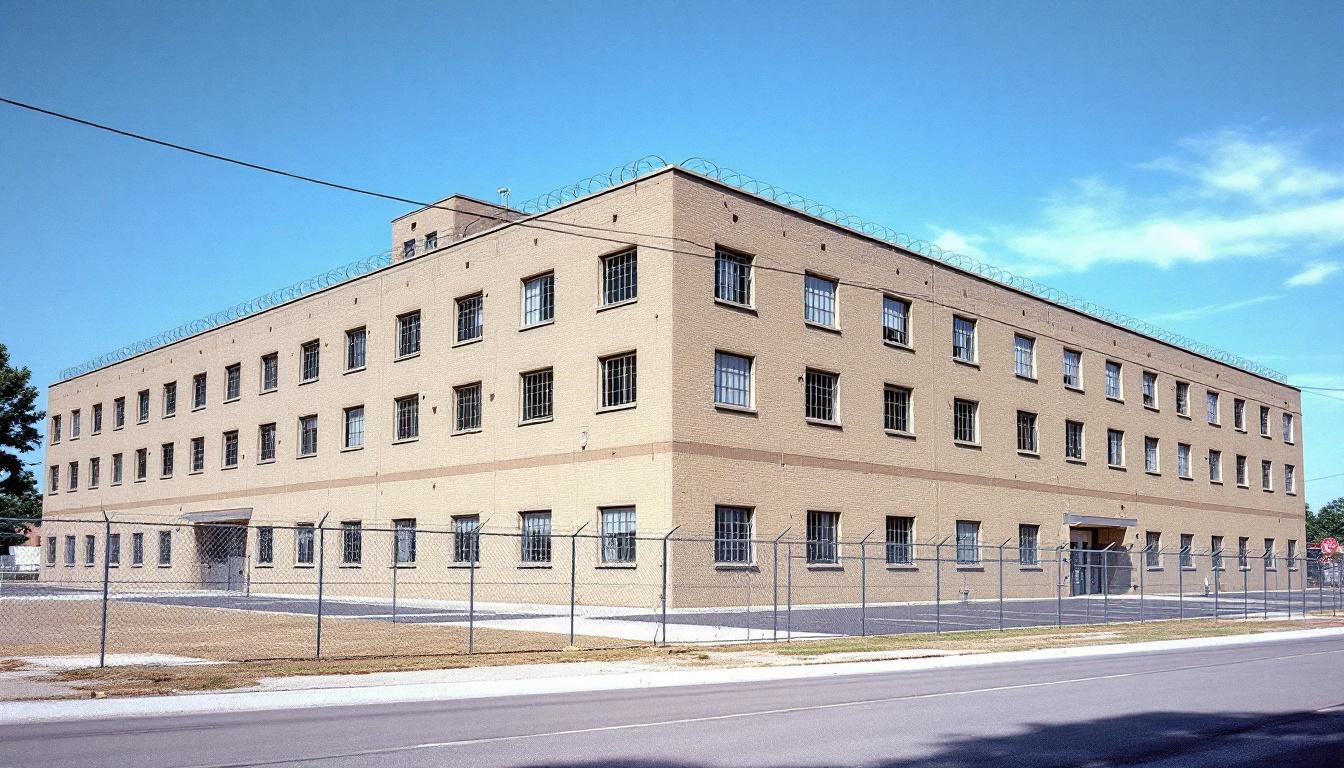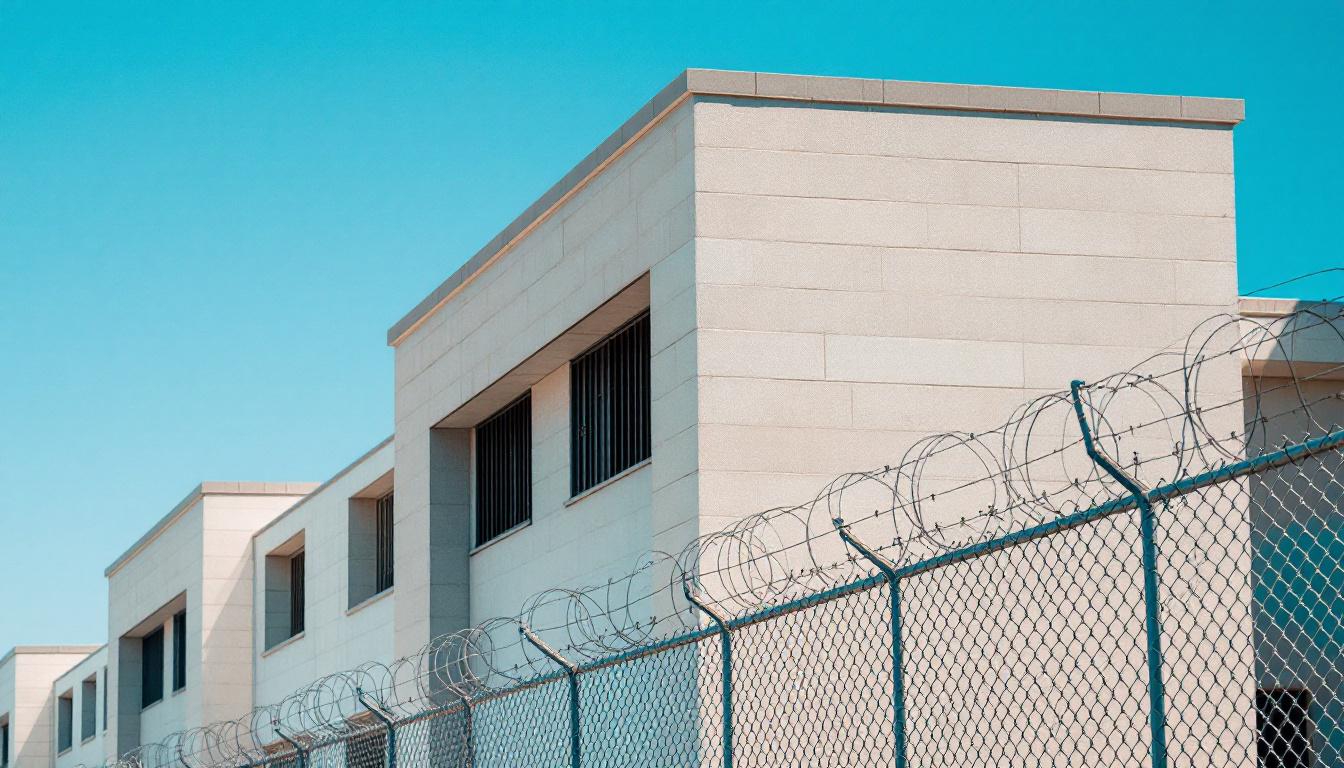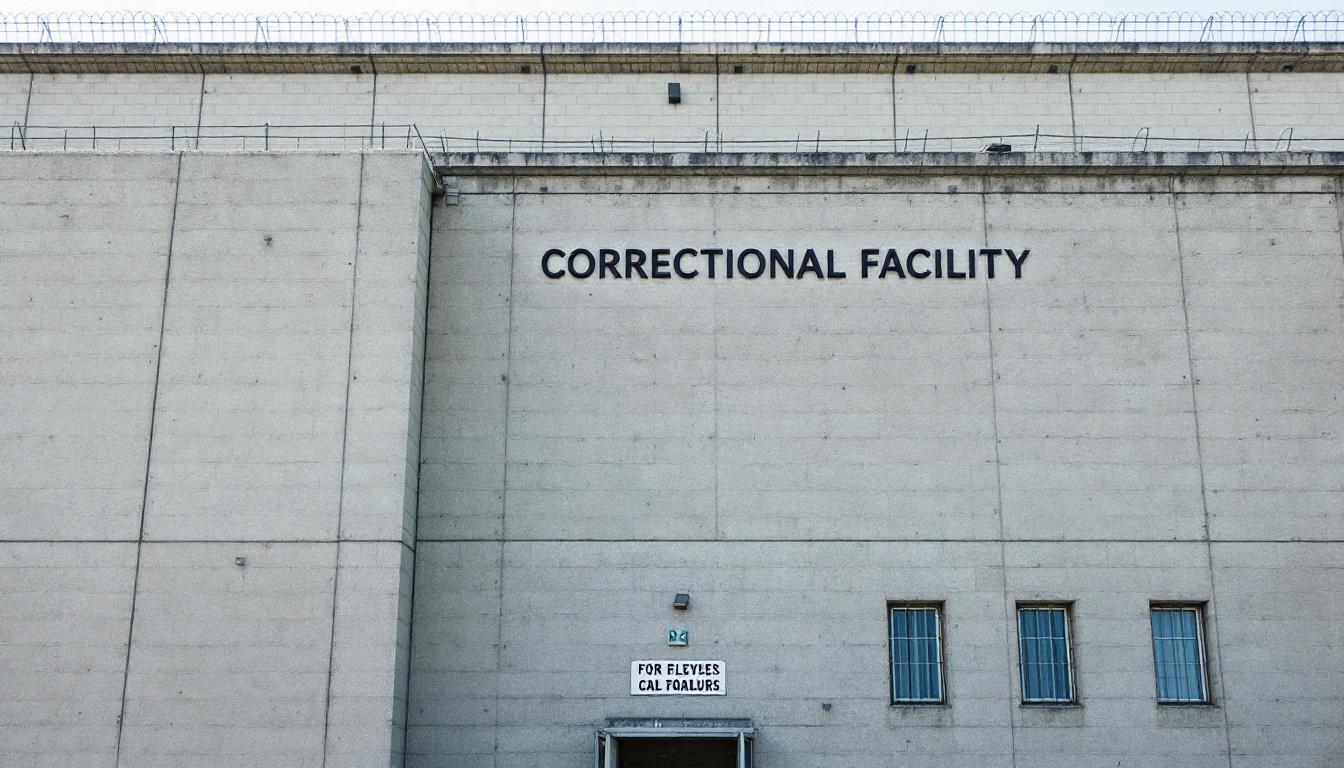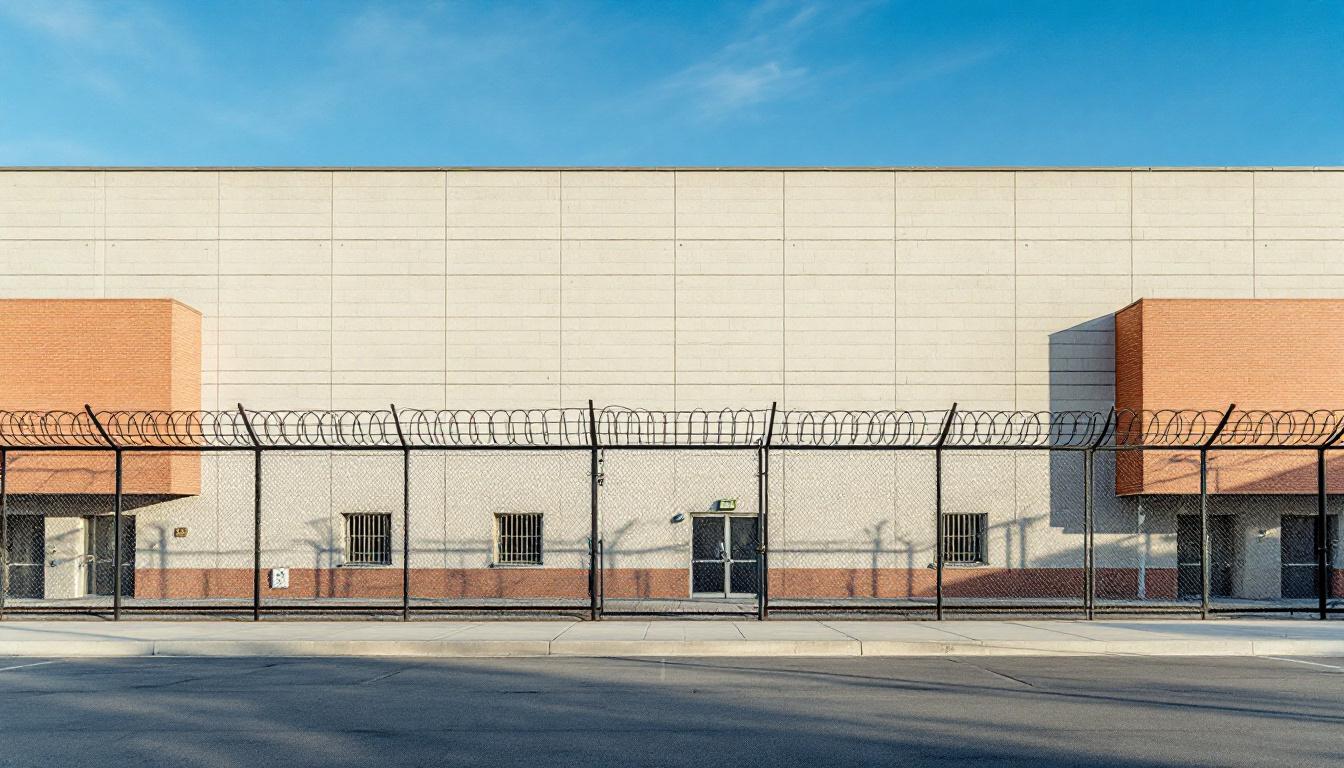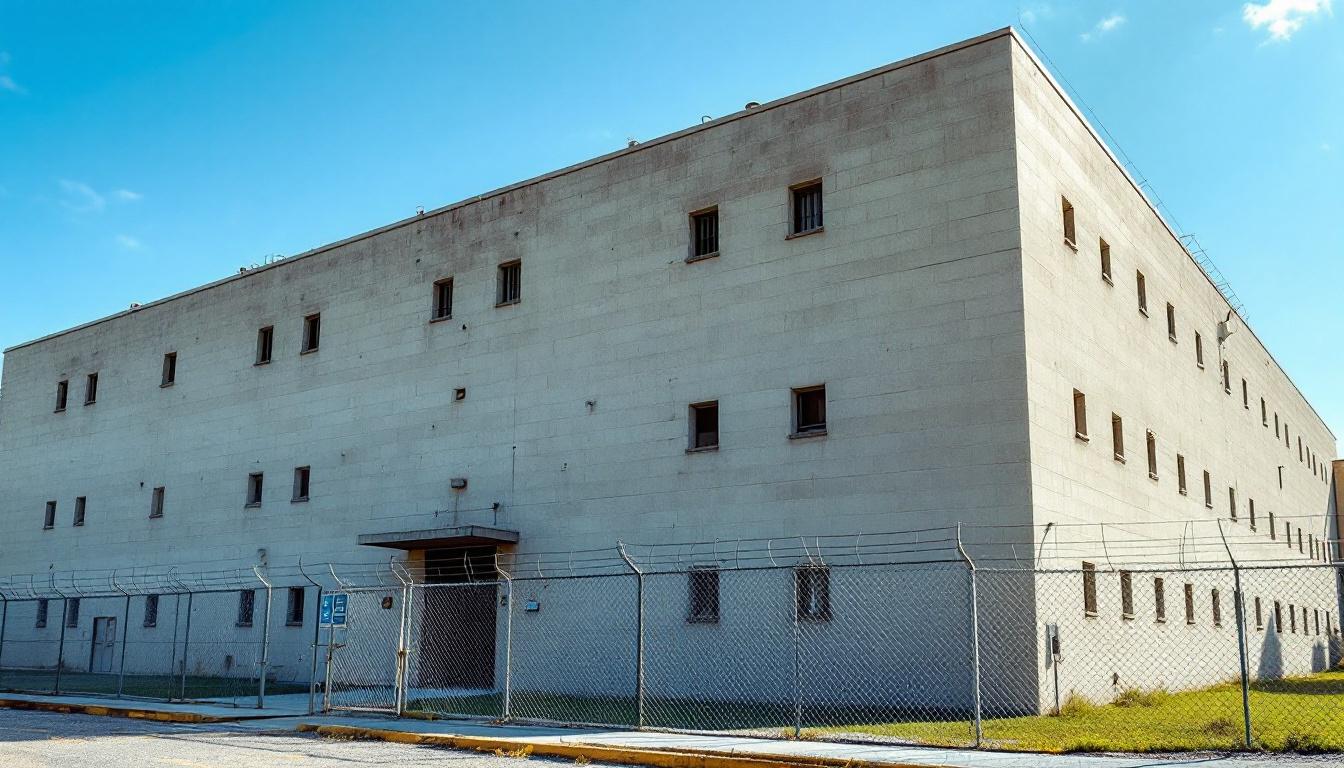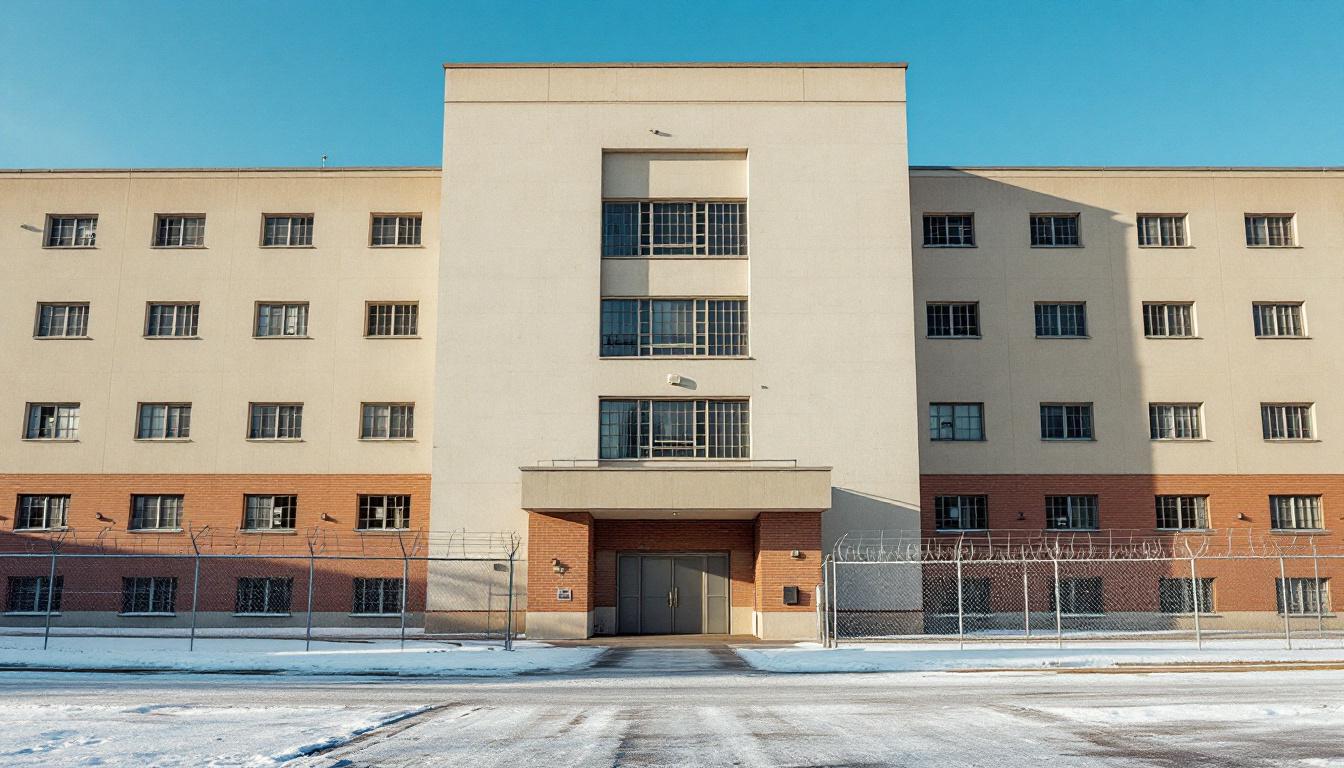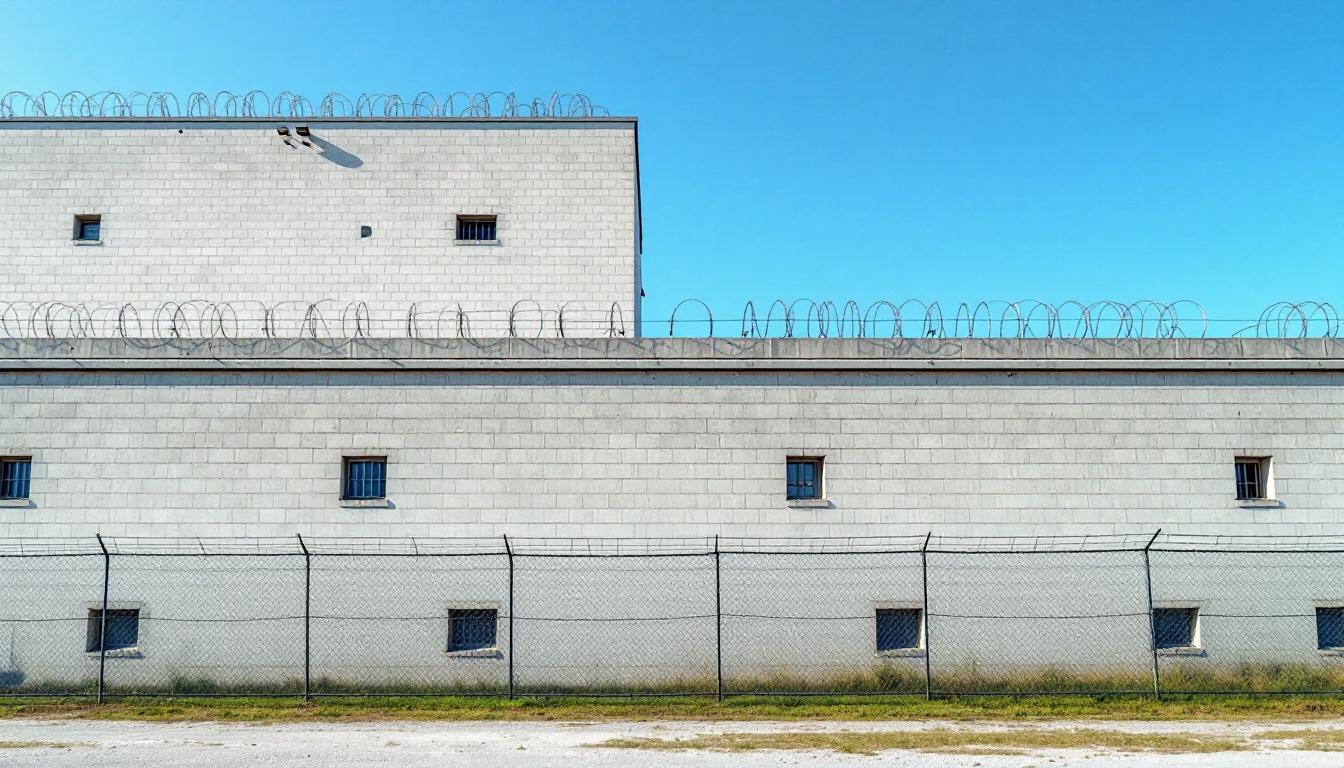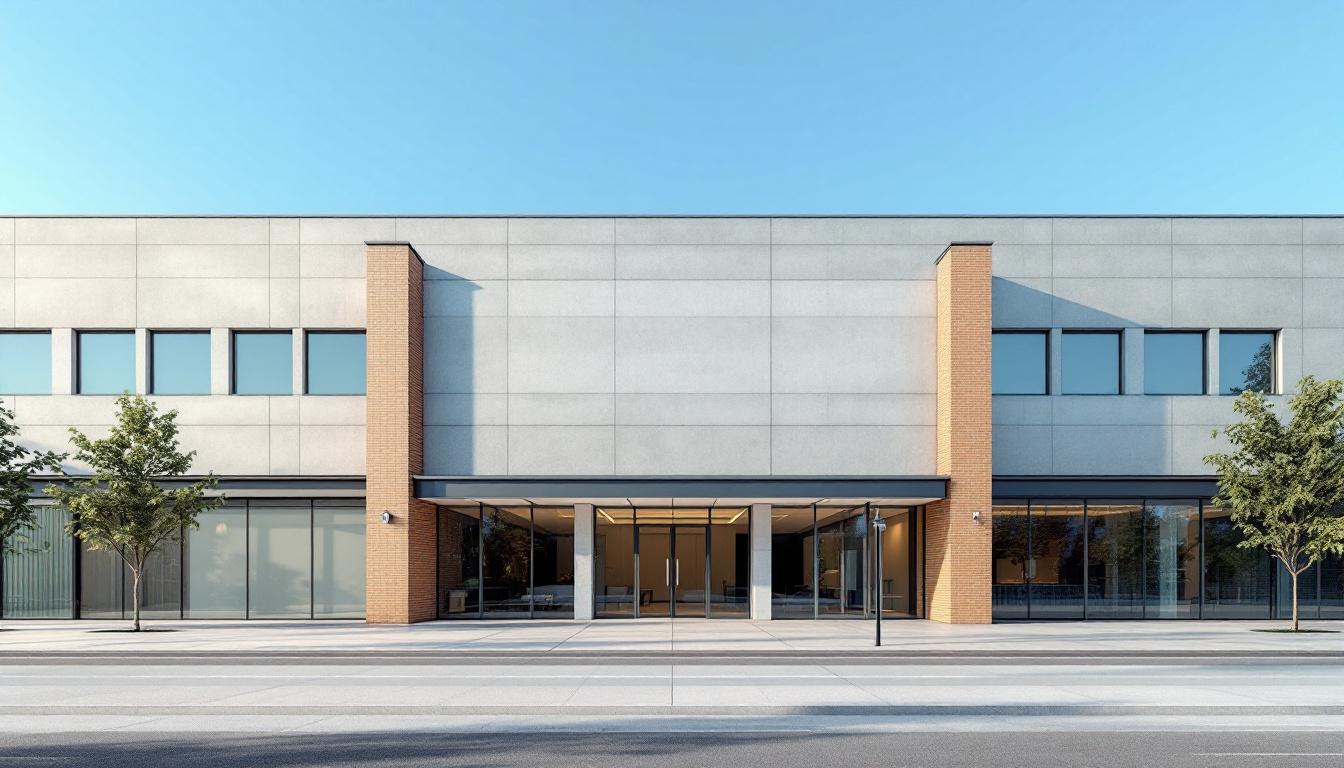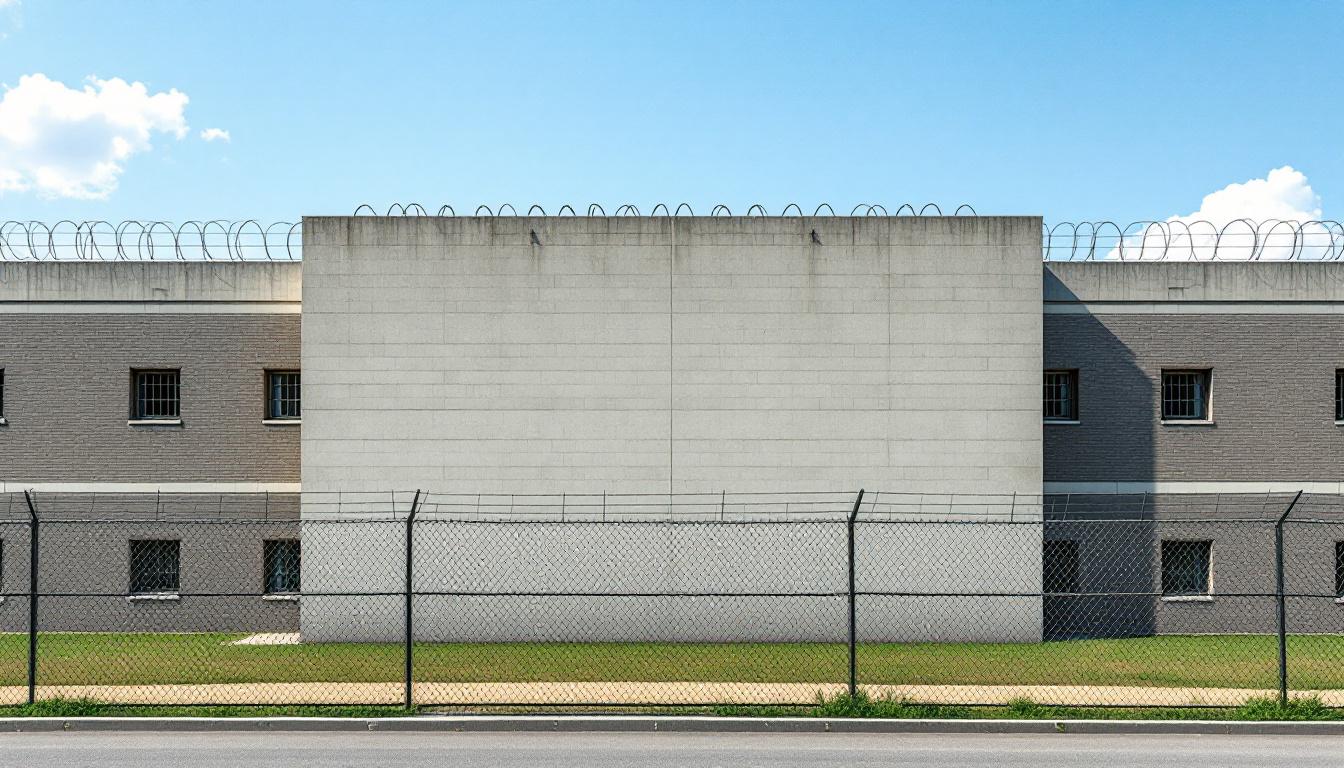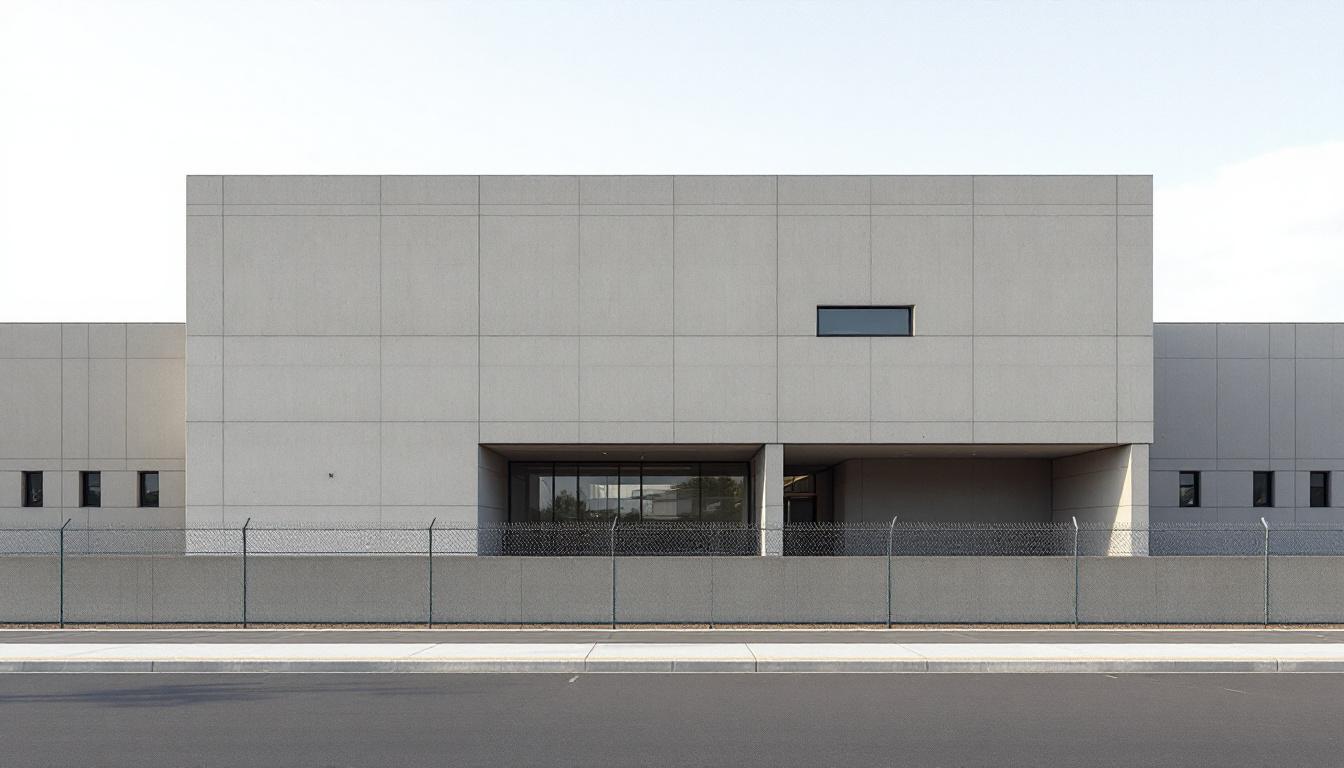
Quick Navigation
How to contact an inmate at Neosho County Sheriff's Office
This comprehensive guide will walk you through how to connect with an inmate at Neosho County Sheriff's Office. Follow the steps below to find an inmate and send letters and photos:
- Search for the inmate using our search tool below
- Create your account or log in to Penmate
- Write your message (up to 6,000 characters)
- Send instantly - inmates receive printed copies daily
Find an Inmate
Search for an inmate to start communicating today
Tip: You can search by first name, last name, or inmate ID number
To contact a person at Neosho County Sheriff's Office start by searching for the person on the official facility website. Perform a search by following these steps:
- Step 1: Enter their first name and last name into the search form and click "Search"
- Step 2: Locate their inmate record
- Step 3: Write down their Inmate ID and any housing information provided
Important! Be sure to enter the person's full name. Nicknames should not be used.
How to Send Messages to Inmates

You can use your phone or computer to send emails, letters, and photos to an inmate. Messages are sent electronically to inmate tablets or kiosks at the facility. If you would like to send a message, start by searching for an inmate at Neosho County Sheriff's Office.
Sending Photos and Postcards

A great way to send love and support to a loved one at Neosho County Sheriff's Office is to send photos and postcards. It only takes a few minutes to send photos from your phone and it makes a huge difference. You can also mail postcards with words of support and inspiration, or design your own postcard for special moments like birthdays and holidays.
Important! Be sure not to send any explicit photos or they may not be approved by the facility. You can also use a photo printing app like Penmate to make sure your photos are printed at the correct size (4x6 or 3x5) and are mailed according to the rules and regulations of Neosho County Sheriff's Office.
Frequently asked questions about Neosho County Sheriff's Office
-
How long does it take to deliver a message?
If you're sending an email message your letter is usually delivered within 24-48 hours. For messages sent via mail you should expect delivery within 3-7 days. All messages will need be approved by Neosho County Sheriff's Office.
-
How much does it cost to send a message to Neosho County Sheriff's Office?
You can send a message free using your phone or mail a message via USPS for the price of a $0.60 stamp and envelope. You can also purchase credits or e-stamps from services starting at $1.99.
-
What services can I use to contact an inmate at Neosho County Sheriff's Office?
Penmate
You can use Penmate to send letters and photos to an inmate from your phone. It's an easy way to stay in touch during your loved one's incarceration. Use the inmate locator to find an inmate's location and contact information, then you can send messages within a few minutes.
Securus messaging
Securus may be another option for communicating with an inmate at Neosho County Sheriff's Office. You can create a friends and family account and purchase credits to send messages. All messages will be reviewed and must be approved by the facility.
JPay
Some county jails and state prisons may support sending messages with JPay. You must register an account with the system, find your loved one, and purchase stamps to send messages. For some locations you can also attach photos.
Smart Jail Mail
You may also check if Smart Jail Mail is available at Neosho County Sheriff's Office. Smart Jail Mail is operated by Smart Communications and has contracted with some state and county jails. After purchasing credits, your messages and photos are sent to the facility, printed out, and then handed out to your loved one.
-
What is the mailing address of Neosho County Sheriff's Office?
Mailing address:
Neosho County Sheriff's Office
402 E State St
Erie, KS 66733
Phone: (620) 244-3888 -
What are the visiting hours at Neosho County Sheriff's Office?
Visiting hours at Neosho County Sheriff's Office vary by housing unit and security level. Generally, visits are scheduled on weekends and holidays, with some facilities offering weekday visits. Contact the facility directly at (620) 244-3888 or check their website for the current visiting schedule. Visits typically last 30-60 minutes and must be scheduled in advance.
-
What items are prohibited when sending mail to Neosho County Sheriff's Office?
Prohibited items typically include: cash, personal checks, stamps, stickers, glitter, glue, tape, staples, paperclips, polaroid photos, musical or blank greeting cards, hardcover books, magazines with staples, and any items containing metal or electronics. Only send letters on plain white paper with blue or black ink. Photos must be printed on regular photo paper (no Polaroids). Always check with Neosho County Sheriff's Office for their specific mail policies.
-
How do I send money to an inmate at Neosho County Sheriff's Office?
You can send money to an inmate at Neosho County Sheriff's Office through several methods: 1) Online using JPay, Access Corrections, or the facility's approved vendor, 2) Money orders mailed directly to the facility with the inmate's name and ID number, 3) Kiosks located in the facility lobby, or 4) Over the phone using a credit or debit card. Fees vary by method, typically ranging from $2.95 to $11.95 per transaction.
-
Can I schedule a video visit with an inmate at Neosho County Sheriff's Office?
Many facilities now offer video visitation as an alternative to in-person visits. At Neosho County Sheriff's Office, video visits may be available through services like Penmate, Securus Video Connect, GTL, or ICSolutions. Video visits typically cost $10-20 for 20-30 minutes and must be scheduled in advance. You'll need a computer or smartphone with a camera and reliable internet connection. Contact the facility for their specific video visitation policies and approved vendors.
-
What identification do I need to visit an inmate at Neosho County Sheriff's Office?
All visitors must present valid government-issued photo identification such as a driver's license, state ID, passport, or military ID. Minors must be accompanied by a parent or legal guardian who can provide the minor's birth certificate. Some facilities require visitors to be on the inmate's approved visitation list, which may require a background check. Contact Neosho County Sheriff's Office for specific ID requirements and visitor approval procedures.
-
How can I find out an inmate's release date?
To find an inmate's release date at Neosho County Sheriff's Office, you can: 1) Use the online inmate search tool if available, 2) Call the facility's records department, 3) Contact the inmate's case manager or counselor, or 4) Have the inmate provide this information during a call or visit. For privacy reasons, some facilities only release this information to immediate family members.
Facility Overview
Contact Information
Neosho County Sheriff's Office402 E State St
Erie, KS 66733
Phone: (620) 244-3888
Official Website

About Neosho County Sheriff's Office
Located in the heart of Erie, Kansas, the Neosho County Jail, KS serves as a vital component within the state's broader correctional framework, providing secure housing and essential services for individuals awaiting trial or serving shorter sentences. This KS correctional facility operates within the Midwest's tradition of community-centered justice, where county-level institutions often bridge the gap between local law enforcement needs and state-wide rehabilitation goals.
The facility typically emphasizes a comprehensive approach to residents services, recognizing that effective corrections extend beyond secure housing to include meaningful programming opportunities. Educational initiatives may include basic literacy support, GED preparation, and life skills development, while substance abuse counseling and mental health services often form crucial pillars of the facility's holistic approach. These programs generally align with Kansas's commitment to reducing recidivism through evidence-based interventions that address underlying factors contributing to criminal behavior.
As part of Erie's civic infrastructure, this county jail typically maintains connections with local organizations and state agencies to facilitate successful reentry into the community. The facility may offer work release programs, community service opportunities, and family visitation services that help maintain important social bonds during incarceration. Through its role in the Kansas correctional system, the facility generally strives to balance public safety with rehabilitation, supporting both individual transformation and community well-being throughout Neosho County and the surrounding region.
Programs & Services
Rehabilitation through education forms the cornerstone of resident development at Neosho County Jail, with initiatives designed to address both immediate needs and long-term reentry success. The facility typically emphasizes a comprehensive approach that combines skill-building with personal growth opportunities. Residents often participate in structured activities that may deliver practical knowledge alongside therapeutic support, creating pathways for positive change during their time in custody.
Educational initiatives may include basic literacy programs and GED preparation courses that help residents complete their high school equivalency. Vocational training opportunities often focus on practical skills such as construction trades, food service preparation, and basic computer literacy. These programs typically provide hands-on experience that residents can apply in the job market upon release. In addition to this, educational components may deliver life skills training that covers financial literacy, job interview preparation, and workplace communication.
Support services and therapeutic initiatives address the underlying issues that often contribute to criminal behavior. Substance abuse treatment programs may offer both group counseling sessions and individual support to help residents develop coping strategies and recovery skills. Conflict resolution training typically teaches residents effective communication techniques and anger management strategies. The facility may also provide veteran services for former military personnel, along with restorative justice initiatives that focus on accountability and community healing. Transitional planning services often include discharge preparation, housing assistance coordination, and connections to community resources that support successful reintegration.
Daily Life & Visitation
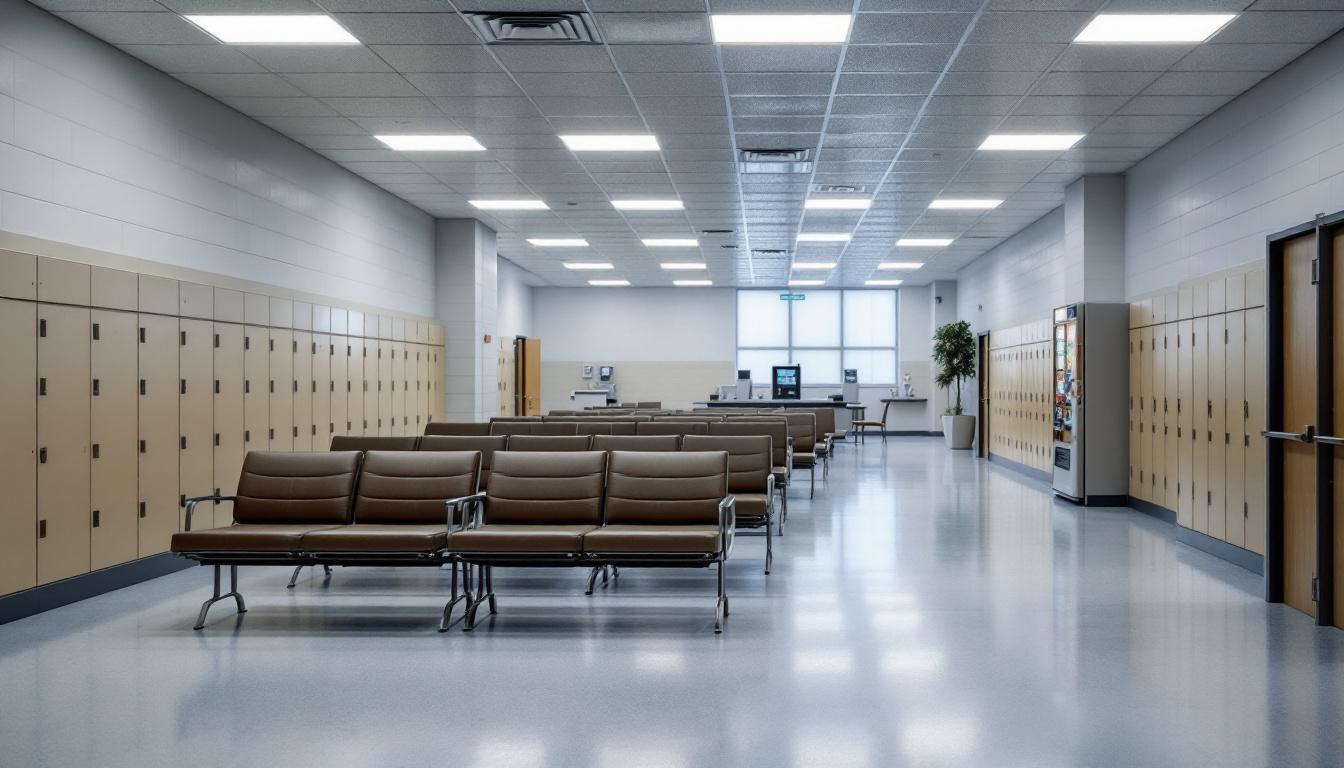
Structure and consistency currently define the daily experience for residents, with established routines that continue to provide predictability throughout each day. Wake-up calls typically occur in the early morning hours, followed by scheduled meal times, programming sessions, and designated periods for personal activities. This framework generally helps residents adapt to their environment while maintaining a sense of order and purpose.
Living accommodations at the facility typically include shared housing units where residents are assigned based on classification levels and security considerations. Personal property is usually limited to essential items, with additional necessities available through the commissary system. Meals are generally served at designated times in common dining areas, with menus that aim to meet basic nutritional requirements while accommodating certain dietary restrictions when possible.
In addition to this structured routine, residents may have opportunities to participate in work assignments within the facility, which often include kitchen duties, cleaning responsibilities, and maintenance tasks. Recreation time typically involves access to common areas for reading, watching television, or engaging in approved activities. Despite this controlled environment, family connections remain important through scheduled visitation periods and phone privileges, which generally operate within established guidelines. Programming schedules may deliver educational opportunities, religious services, and other structured activities designed to support residents during their time at the facility.
Ready to Connect?
Start communicating with your loved one today
Search for an Inmate
